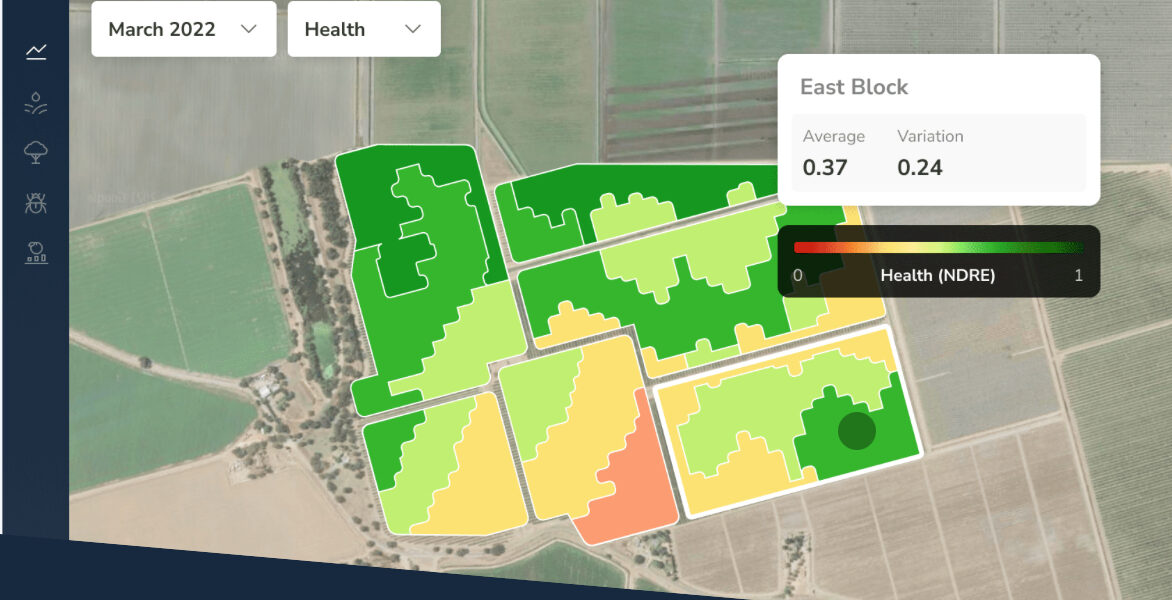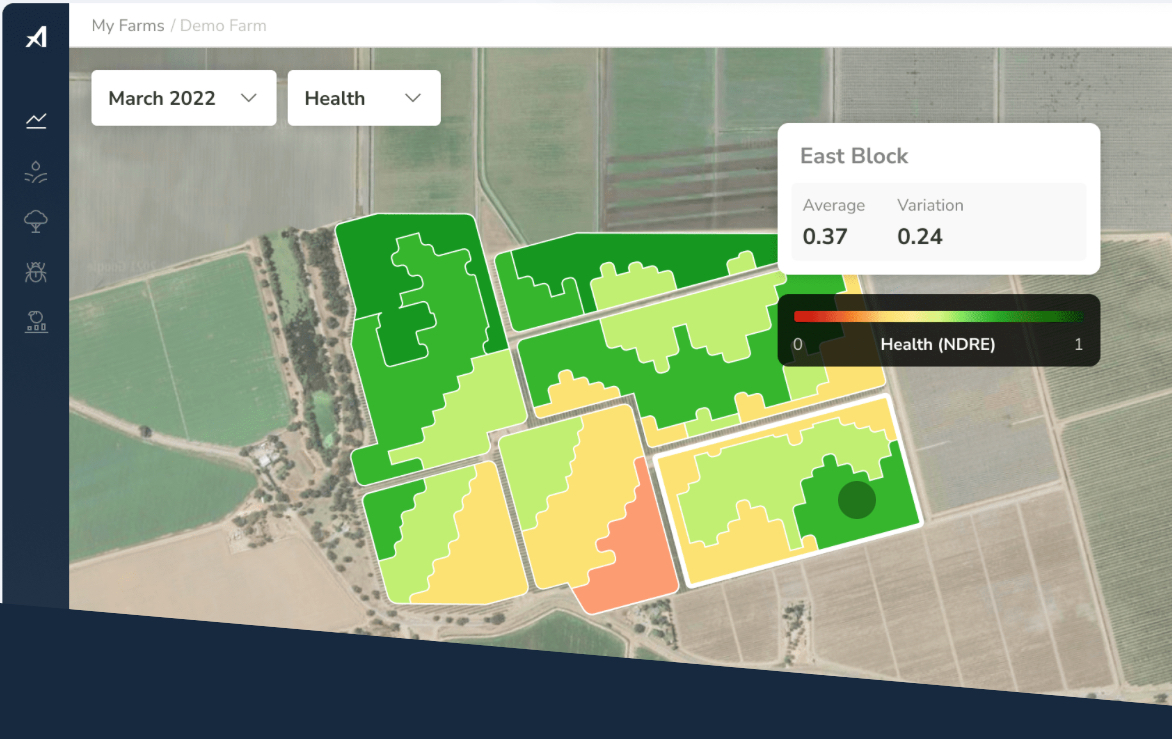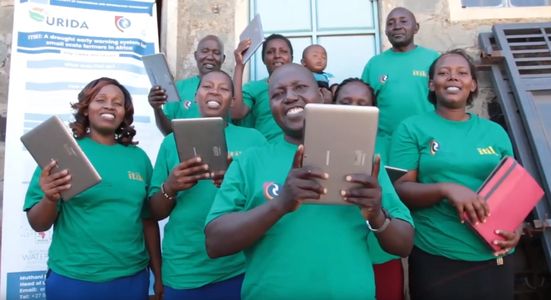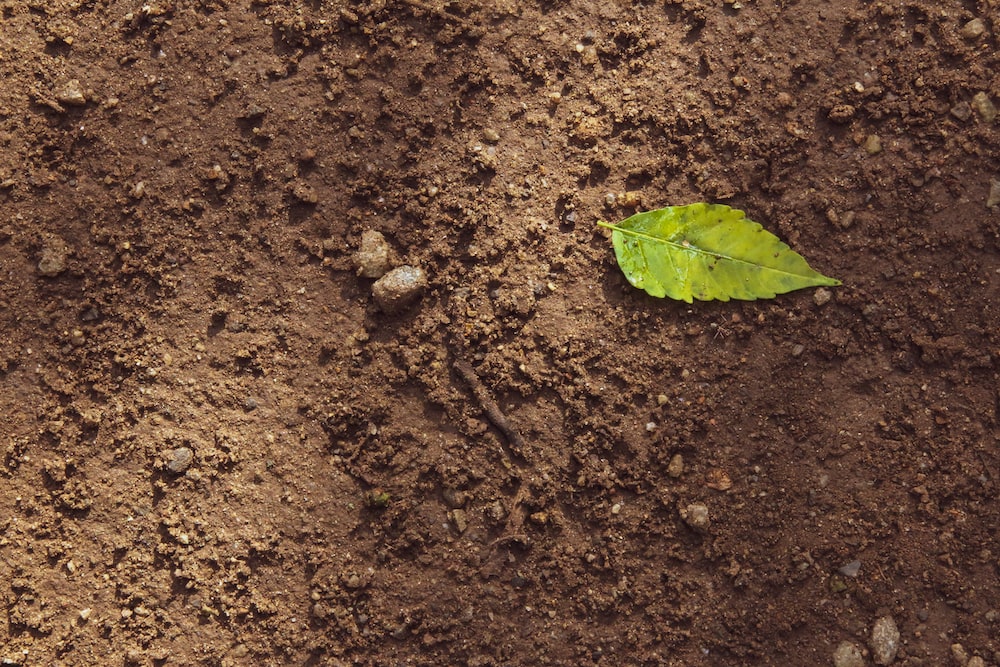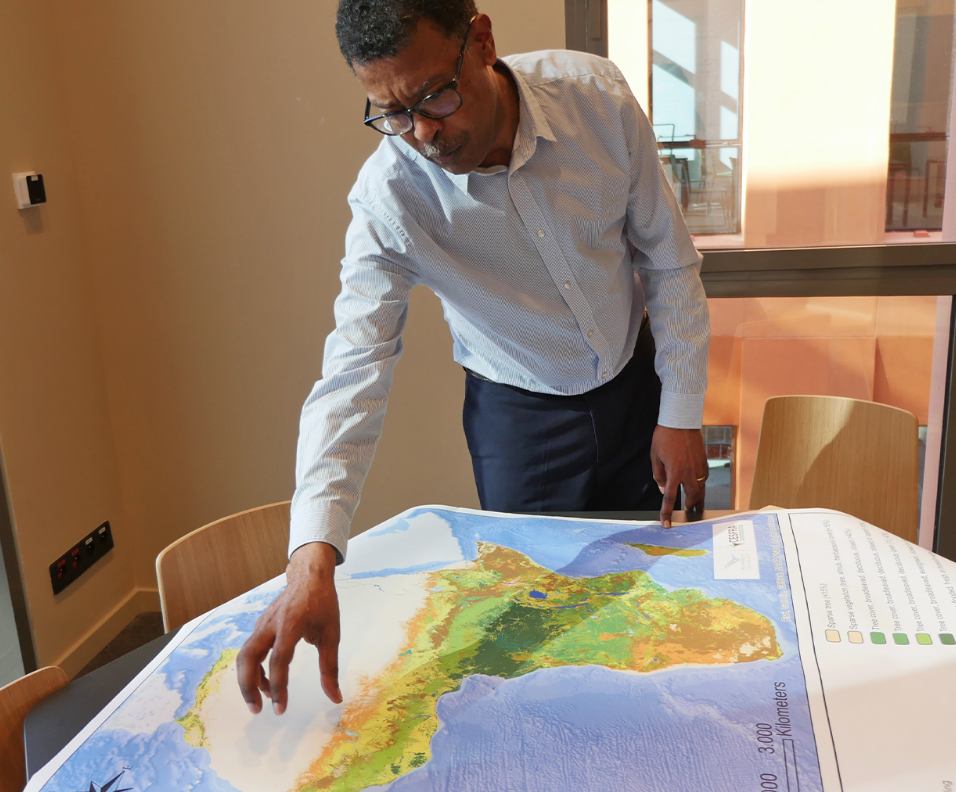The rise of artificial intelligence in agritech offers African farmers a chance to bypass traditional agricultural development methods. From detecting diseases early to employing precision agriculture, innovations driven by data can improve the efficiency of using resources.
Technologies powered by AI in agriculture support smart farming practices, such as precision agriculture, which improves resource utilization and increases crop yields. AI’s role in monitoring soil and crop health, conducting predictive analyses for pest and disease management, and automating machinery enhances farming operations’ efficiency and sustainability.
The integration of AI with other technologies, such as IoT, big data analytics, and blockchain, fosters a more interconnected and transparent agricultural ecosystem.
What are the most innovative agritech projects making use of AI across Africa today? And how do these projects seek to shape the future of African farming? AfricaLive presents 7 projects to watch:
ITIKI – AI meets indigenous knowledge in a project incubated at The Central University of Technology
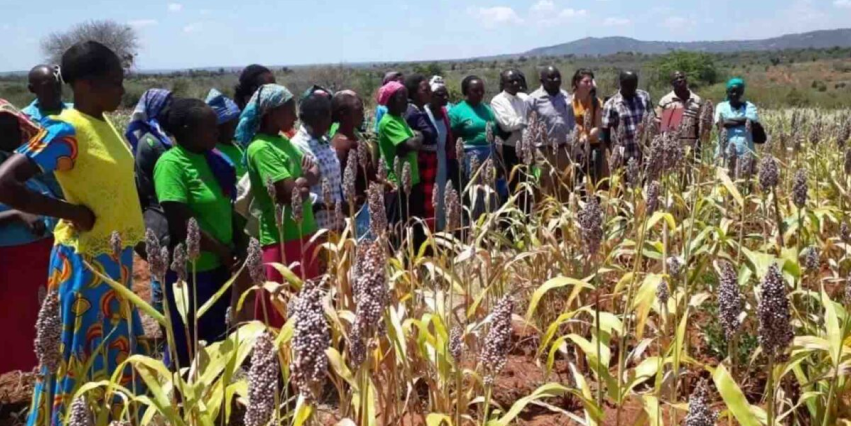
Project Overview: ITIKI is an innovative solution created by a team at the Central University of Technology in South Africa. The project combines AI with indigenous knowledge to forecast droughts, bridging traditional methods and modern technology.
Dr. Muthoni Masinde, the project’s lead, has spearheaded ITIKI’s development, focusing on utilizing indigenous signs, such as the behavior of birds and the flowering of certain plants, alongside satellite data to predict weather patterns accurately. This approach has been particularly effective in areas where modern meteorological data is scarce or unreliable.
PlantVillage Nuru – Diagnosing Plant Diseases With An AI Powered Tool
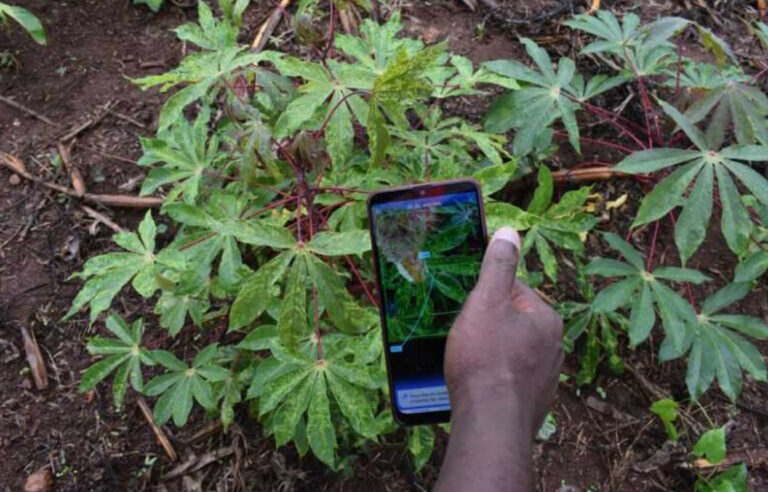
Project Overview: Nuru is a smart tool created to help farmers in Kenya recognize diseases in their plants.
It was made by Penn State University and the United Nations Food and Agriculture Organization.
By taking pictures of their crops with Nuru, farmers can quickly find out if their plants are sick or damaged by pests.
This technology represented a big step forward for farming because it gave farmers fast, easy-to-use, and correct information on how to keep their crops healthy. The app lets farmers just wave their phones over a leaf of their crop, and right away, it can tell if there are any diseases or problems with the plants. It doesn’t stop there; it also gives advice on what the farmer can do to take care of the issue. This smart tool aims to make life better for small farmers all over the world by helping them grow healthier crops and manage diseases more effectively
AgriTech Analytics
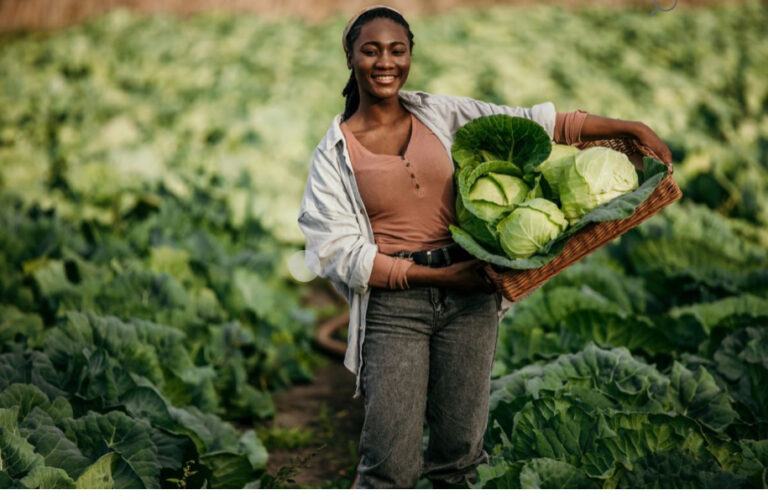
Country: Kenya
Project Overview: With a bold vision to end African hunger by leveraging AI, the AgriTech Analytics project, initiated by former banker Maryanne Gichanga, focuses on using data analytics to help farmers, particularly smallholders, detect pests and diseases early, and advise on precise amounts of inputs and chemicals to use. This technology aims to reduce production costs and increase yields by enabling more effective use of crop inputs like fertilizers, pesticides, and irrigation water.
Project Impact: The impact of the project has been significant, with the technology receiving local and global recognition, registering 3,880 farmers across several counties in Kenya. Despite challenges such as high initial costs, slow adoption rates among rural farmers, and limited internet connectivity in remote areas, AgriTech Analytics has managed to forge partnerships and share costs to overcome these hurdles, demonstrating a promising path forward for precision agriculture in Kenya.
More Information: AgriTech Analytics website.
Agripredict
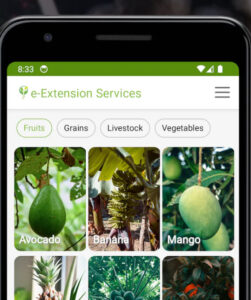
Aerobotics
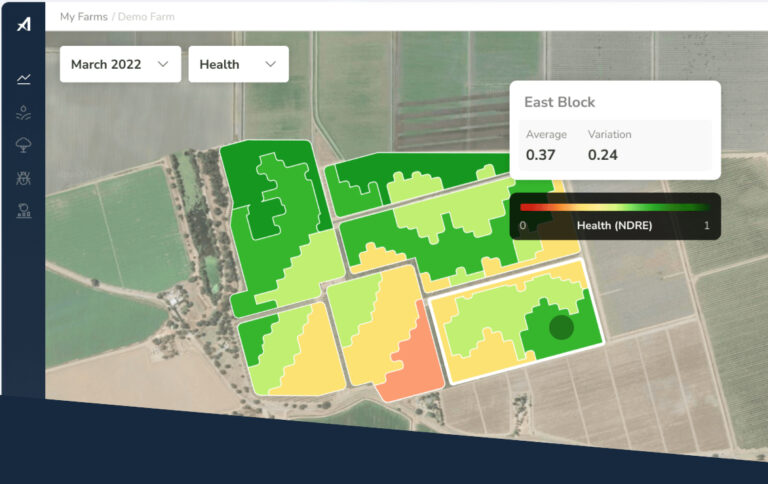
Project Overview: Aerobotics is a Cape Town-based company that provides AI-driven insights for tree and vine farmers through drone and satellite technology. Their platform, Aeroview, uses machine learning to analyze imagery data, detecting pest and disease outbreaks, nutrient deficiencies, and water stress among crops.
This enables farmers to take targeted action, reducing unnecessary expenditure on pesticides and fertilizers, and optimizing irrigation practices.
Artificial Intelligence for Development (AI4D)
Project Overview: Leveraging the responsible use of AI is the mission of the AI4D project.
The project seeks to influence all areas that can improve the quality of life of Africans including healthcare, gender equality, and climate action in addition to its work focused on agriculture and food systems.
By building a network of AI researchers and practitioners across the continent, AI4D seeks to catalyze technological advancements that can have a tangible impact on Africa’s agricultural sector, focusing on innovation, education, and capacity building.
Project Impact: The project is “one to watch” as it has already built a broad coalition of university, government and private sector partners and seeks to scale up its tangible impact on African development.
Further Information: AI for Development Official Website
Mkulima GPT - University of Rwanda student creates a Swahili chatbot for agriculture

Project Overview: The ‘Mkulima GPT project in Rwanda, initiated by University of Rwanda student Theofrida Muginga, involves creating,’ a Swahili chatbot powered by ChatGPT technology.
This AI platform is designed to assist smallholder farmers by diagnosing crop diseases and offering agricultural advice. Emphasizing local language use, the project aims to expand to other African languages, enhancing accessibility for farmers. Mkulima GPT is currently in testing, with plans for expansion and improvements based on feedback from the agricultural and AI community.
Project Impact: The project seeks to improve ease of access to AI for smallholder African farmers who wish to communicate in their local languages. As with many emerging AI projects, its success will lie in the reliability of actionable insights produced by the Chat GPT technology. It’s definitely a project to keep an eye on this year!
“We are expecting to have multiple numbers of farmers to use this technology and we are looking at the possibility of including Kinyarwanda into CHATGPT as well,” says Muginga.
“When we were developing the application we got to interact with farmers and one of the crop diseases was head smut.
“Head smut keeps spreading because the practices are poor, but the application keeps on reminding of the good practices and not the practices that bring back the disease.”
